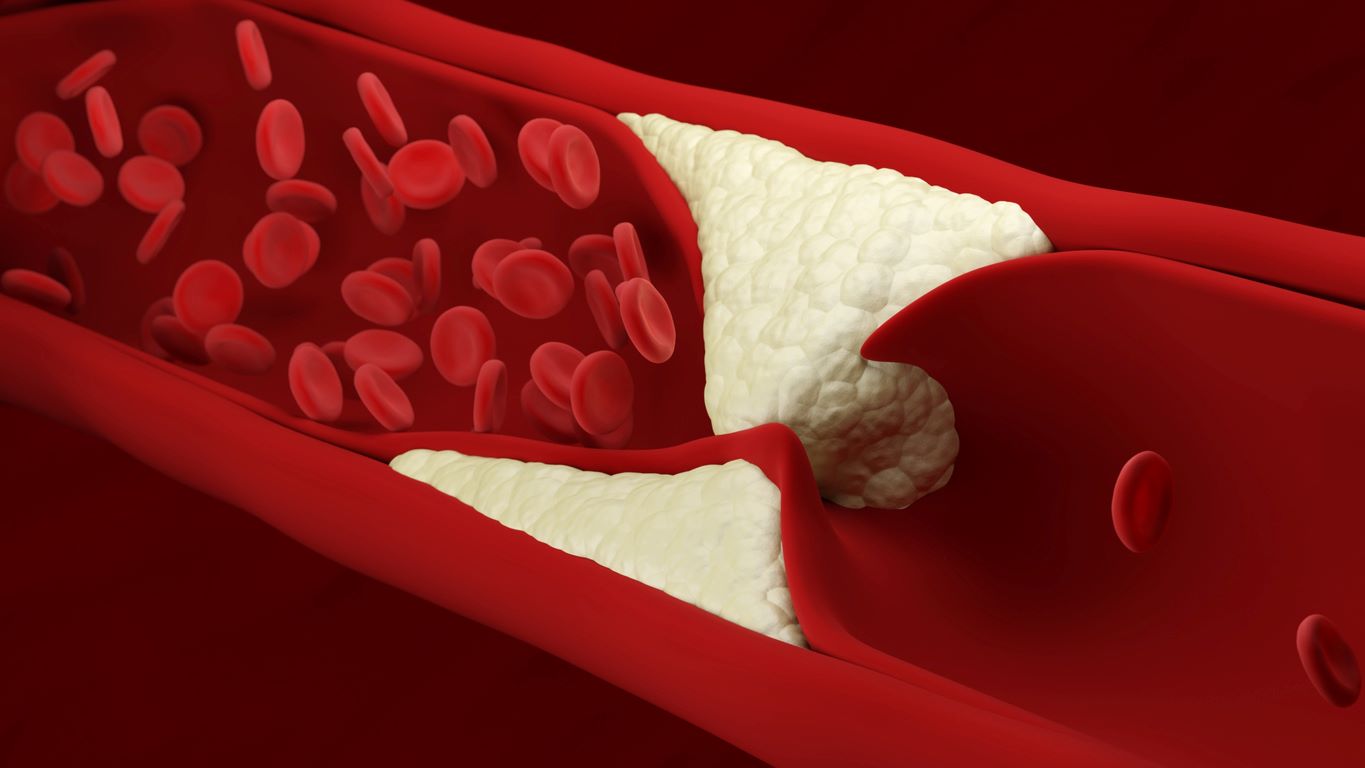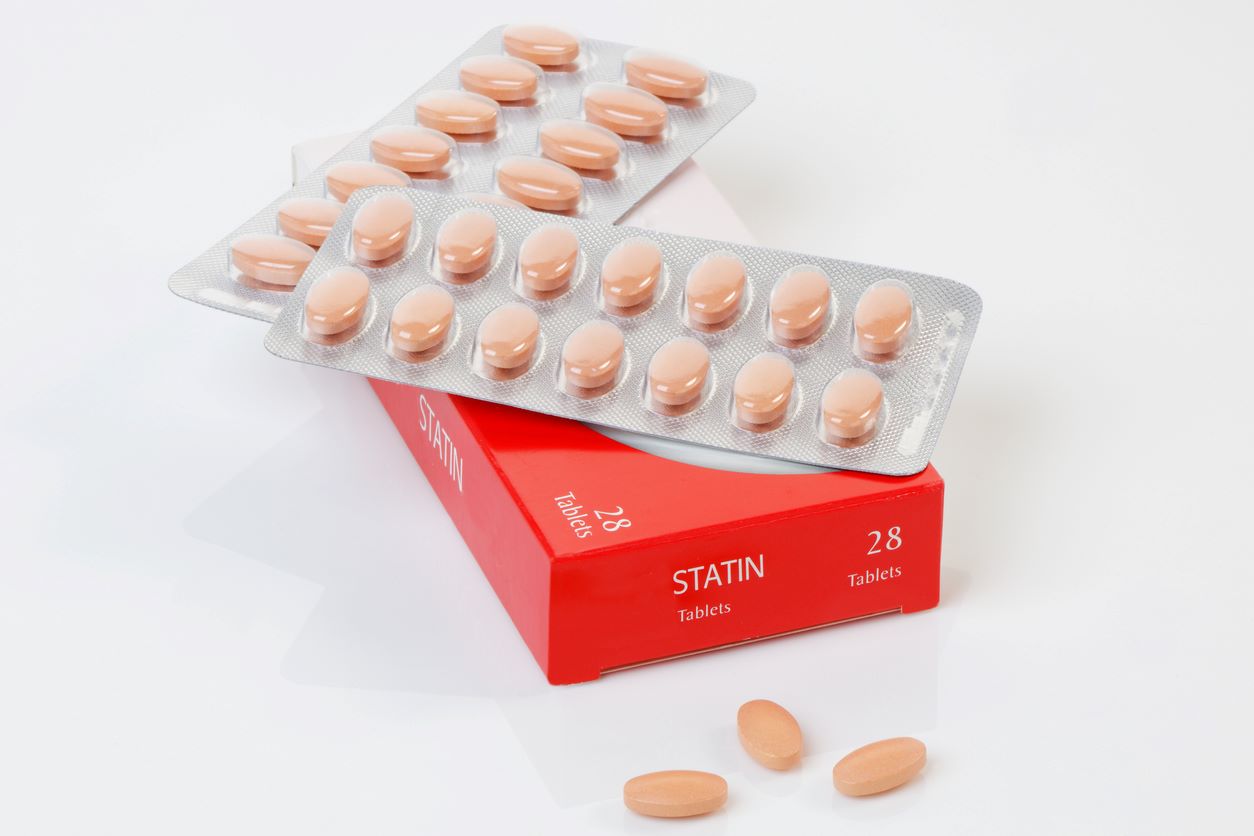_ RCGP Learning
Blog entry by _ RCGP Learning

Cardiovascular disease (CVD), which comprises myocardial infarction, angina and strokes, is ranked as the number one cause of mortality and is a major cause of morbidity world wide. The current NHS long term plan contains a goal to prevent 150,000 myocardial infarctions and cerebrovascular accidents in the United Kingdom over the next few years.
For those of us working in primary care, HMG-CoA reductase inhibitors (statins) have for some time been an important part of primary prevention of cardiovascular disease. We know that they reduce the risk of a first event for healthy individuals at high risk of CVD and reduce the chance of a further event in secondary prevention. According to NICE, statins should be offered to anyone who has a 10% or greater risk of developing CVD in the next 10 years1 which makes them one of the most commonly prescribed drugs in the UK.
As the numbers needed to treat (NNT) are well within the range considered worthwhile in primary prevention (such as hypertension) but higher than in other interventions2, patients may have mixed feelings about taking continuous medication if it is not certain that they will directly benefit.
With the help of a QRISK2 calculator you can break down the numbers into a theoretical group of 100 patients all with a QRISK score of 10% and demonstrate the numeric benefit.
On a population level, the benefits of taking statins are a lot more evident. According to NHS England, if only 45% of the people in the ‘at high risk’ category for CVD were identified and treated, 6000 strokes and heart attacks could be avoided over the next 10 years3. NICE estimate that when treating 500 people over a period of 3.9 years, 1 death from CVD could be avoided. They also estimate that treating 46 people for 3.7 years would prevent one non-fatal myocardial infarction4. From a public health point of view, this would prevent a significant amount of events and deaths overall considering there are 7-8 million people taking statins in the UK alone5.
 Patients may be reluctant to start or continue taking statins if they hear negative media reports about their side effects. A study from the British Heart Foundation (BNF) found that 11% of people were more likely to stop taking statins for primary prevention of CVD, after a period of particularly negative media coverage during 2013-20145.
Patients may be reluctant to start or continue taking statins if they hear negative media reports about their side effects. A study from the British Heart Foundation (BNF) found that 11% of people were more likely to stop taking statins for primary prevention of CVD, after a period of particularly negative media coverage during 2013-20145.
NHS England are currently reviewing if high-dose statins can be made available directly from pharmacists, to enable easier patient access and ultimately lower the levels of heart disease and stroke. They estimate that these conditions cost the NHS more than £7 billion a year3, whereas dispensing statins costs around £98 million a year as of 20185.
The following resources can help with explaining the benefits and risks of statins to patients:
- British Heart Foundation – Statins information sheet
- NICE – Are statins the best choice for me?
- NICE – Patient decision aid
- PHE - Health Matters: What you need to know about statinsh
You can also access the recently launched ‘Reducing cardiovascular risk in primary care’ eLearning course for FREE on the RCGP eLearning site. RCGP Members can also benefit from access to the ‘Risk estimation and the prevention of cardiovascular disease’ module in EKU 2018.1.
References
1 NICE. 2016. Are statins the best choice for me?. [Online]. Available from: http://indepth.nice.org.uk/are-statins-the-best-choice-for-me/index.html
2 Taylor, F et al. Statins for the primary prevention of cardiovascular disease (2013) Cochrane Systematic Review – Intervention https://doi.org/10.1002/14651858.CD004816.pub5
3 NHS England. 2019. NHS to review making statins available direct from pharmacists as part of Long Term Plan to cut heart disease. [Online]. Available from: https://www.england.nhs.uk/2019/09/nhs-to-review-making-statins-available-direct-from-pharmacists-as-part-of-long-term-plan-to-cut-heart-disease/
4 NICE. 2016. Multimorbidity: clinical assessment and management (NG56). [Online]. Available from: https://www.nice.org.uk/guidance/ng56/resources
5 British Heart Foundation. 2020. Statins: 10 facts you might not know. [Online]. Available from: https://www.bhf.org.uk/for-professionals/healthcare-professionals/blog/statins-10-facts-you-might-not-know